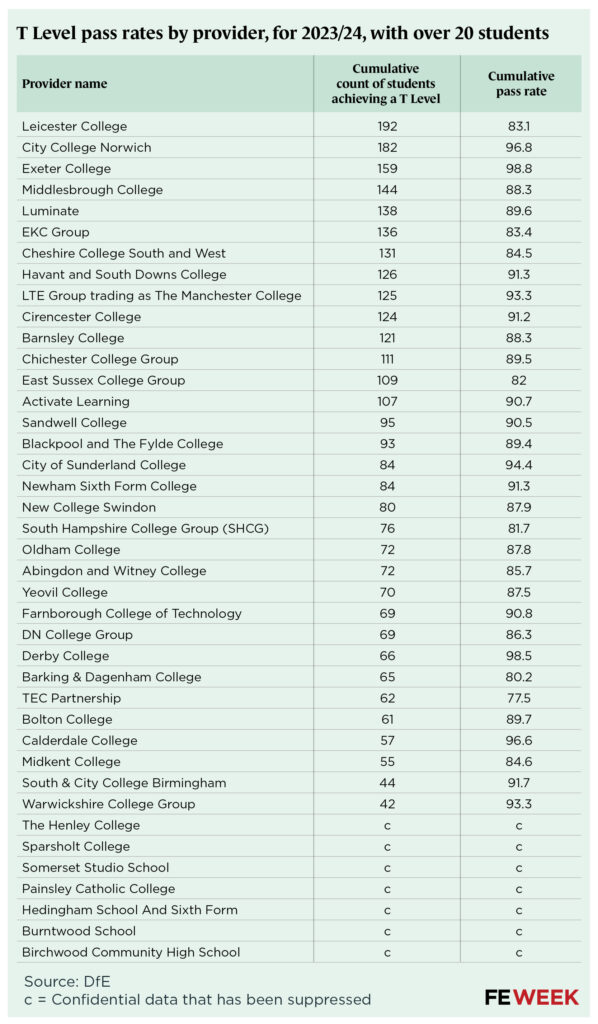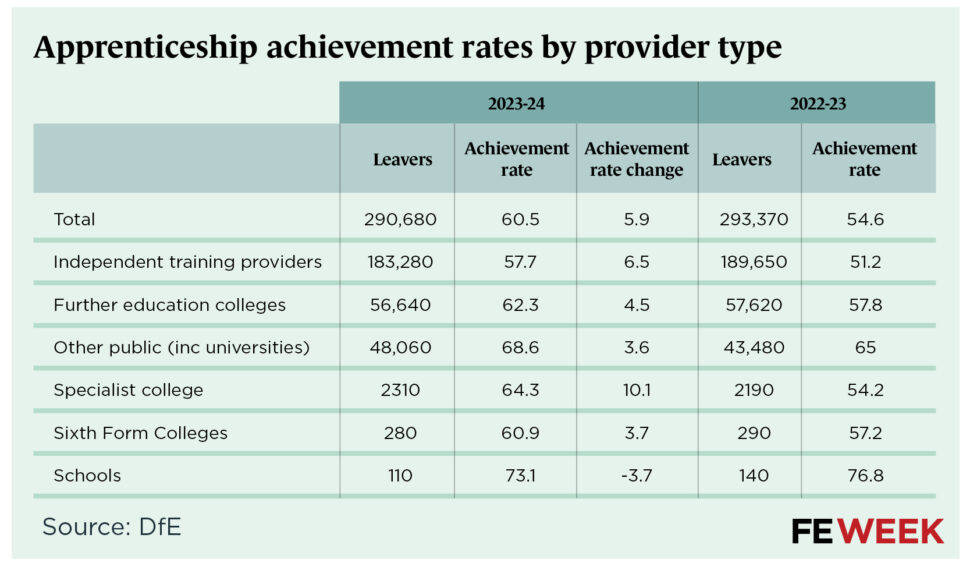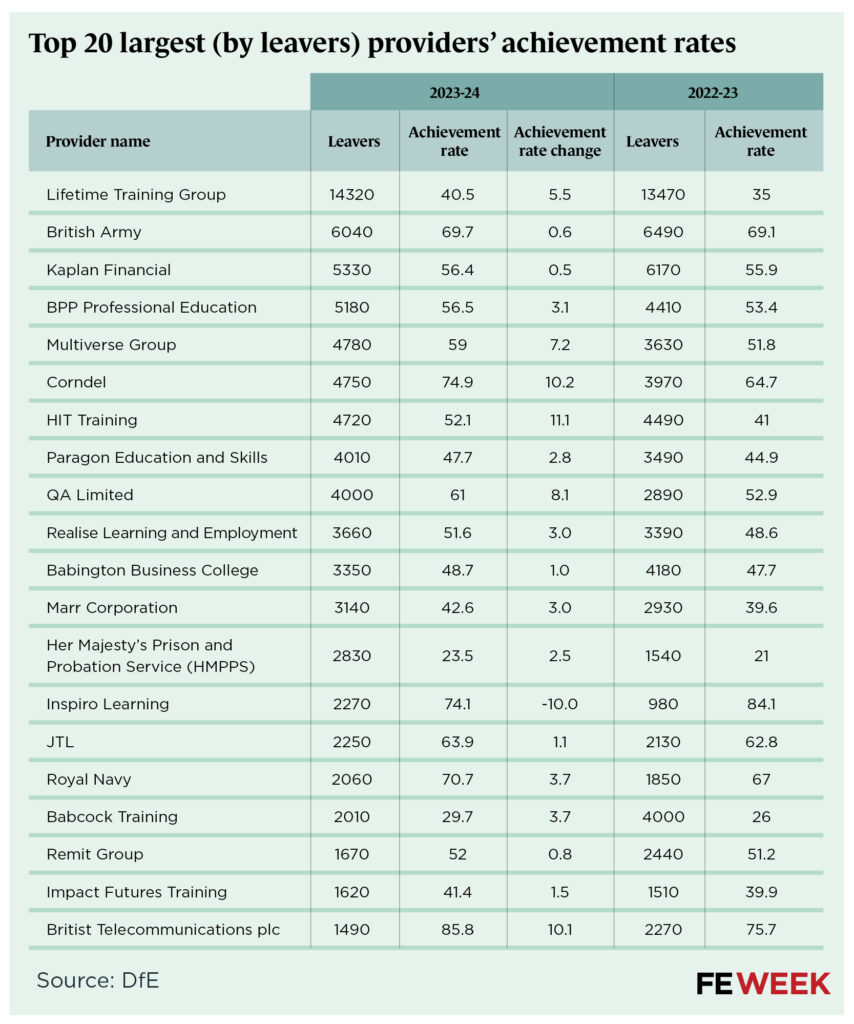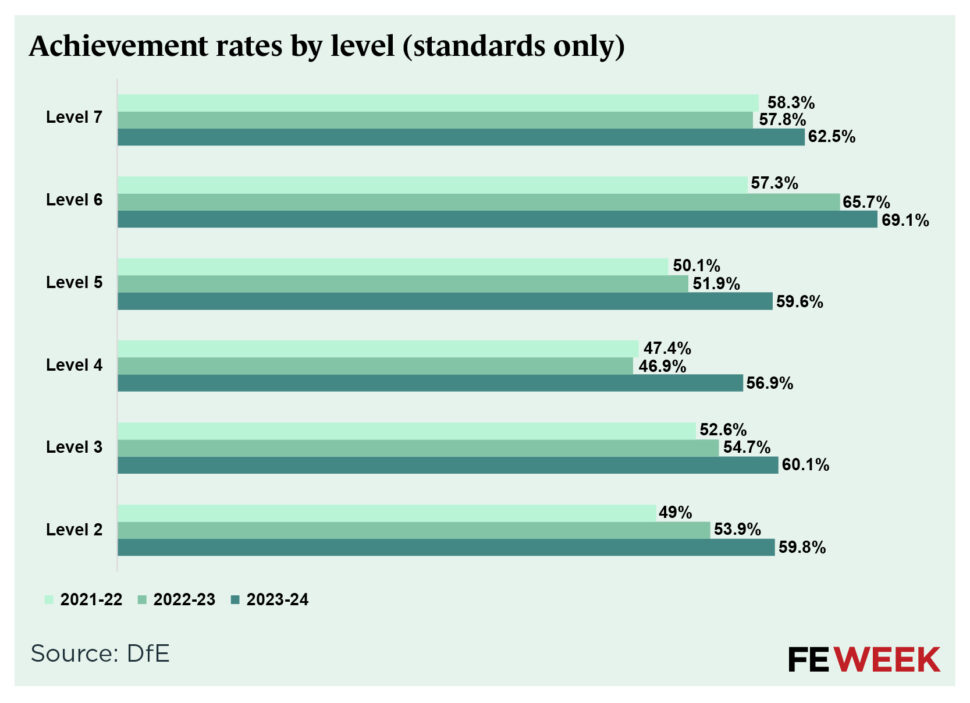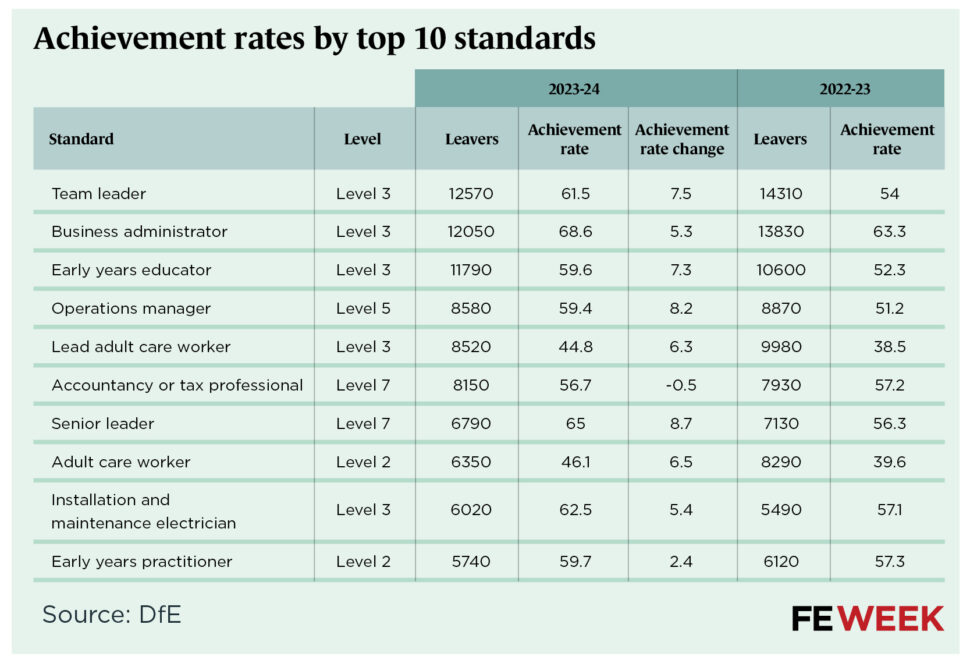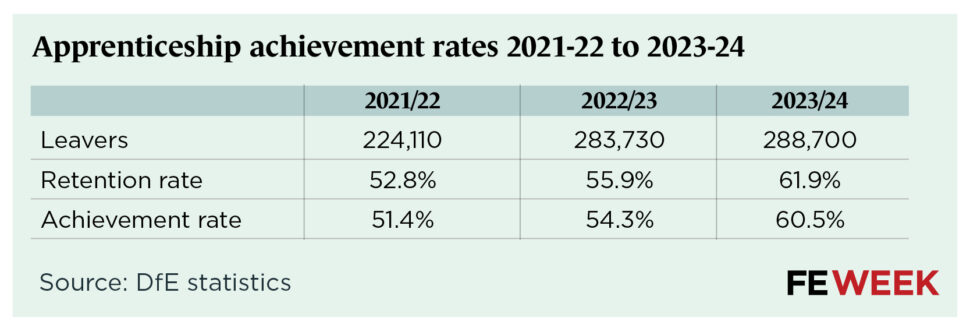The chancellor has confirmed a £625 million construction skills package that it hopes will “boost” training with up to 60,000 new workers in the next four years.
Rachel Reeves also endorsed £4.8 billion in welfare budget cuts, which the government hopes will push more young people into work and training, and a target of 15 per cent savings to department administrative budgets.
The spring statement published after the speech offered more detail on how the construction skills funding will be spent, but the Office for Budget Responsibility (OBR) has raised concerns about “significant pressures” on unprotected budgets, which include FE.
Reeves said the new measures will give working people “new opportunities” and “the chance to fulfil their potential”.
Commenting on the cuts to benefits, which will remove the right to universal credit health top ups for under 22-year-olds, she added: “If we do nothing we are writing off an entire generation.
“That cannot be right, it is a waste of their futures, and we will change that.”
Here’s a rundown of what impacts further education:
10,000 foundation apprentices
The statement set a target of 10,000 “additional places” on foundation apprentices for the first time, funded by £40 million, to give young people a “high-quality entry route into a new career”.
According to announcements this weekend, the £40 million will reportedly fund £2,000 incentives for employers who “take on and retain” foundation apprentices. The cash incentives were however absent from today’s spring statement.
10 Technical Excellence Colleges
The technical excellence college initiative confirmed at the weekend, funded by £100 million in “new investment”, will mean ten existing colleges “in every region in England” will be “specialised in construction”.
Around £80 million of this will be for capital investment and the remaining £20 million for revenue, to fund “specialist facilities, equipment, and curriculum for construction courses to directly meet industry needs”.
Details remain limited about a new separate £80 million capital fund “to support employers to deliver bespoke training tailored to their needs”.
35,000 more bootcampers
Up to 35,000 new entrants, “returners” and existing workers will be able to access “construction-focused” skills bootcamps, through about £100 million in funding.
The government is yet to confirm who will oversee commissioning the newly announced funding for construction bootcamps amid the Department for Education’s move to pause national commissioning of bootcamps, instead funding the short courses through ring-fenced grants to mayors and local authorities.
£165m for ‘more construction courses’
About £165 million will also be available to colleges and training providers through a “high value course premium” and free courses for jobs.
The Treasury told FE Week this is “additional” funding that has been “scored at the spring statement”, but a course premium for subject areas including construction is already established policy.
Skills policy expert Tom Bewick said: “Note how [the Treasury] refuses to say whether this is additional investment… instead saying: ‘This is new funding being scored at spring statement’.
“Bureaucratic translation: ‘This is money we’ve recycled within our existing budgets, but Treasury requires an eye-catching announcement for the Spring Statement’.
“We’ll only know for sure when the [spending review] is published in the autumn. That zero-based budgeting exercise will show what different political choices they’ve made.
“But given the fact that real terms day to day spending in non-protected areas is set to fall over the Parliament, I can’t see how this is anything other than Austerity 2.0 for the FE sector.”
Industry exchange to teach in FE
The Treasury also announced plans for a ‘teacher industry exchange’ scheme to “attract experts” to teach in FE.
This appears similar to the ‘workforce industry exchange programme’ announced in the skills for jobs white paper in 2021, which promised to “support providers to engage in a sustainable, two-way exchange with industry”.
FE Week has approached the Department for Education for comment.
DfE budget rise but braced for civil service cuts
The Department for Education’s budget will increase by £4.9 billion from £89.2 billion in 2024-25 to £94.1 billion in 2025-26.
This includes an increase of £1.7 billion in non core-school funding, which will rise from £27.6 billion to £29.3 billion next year, although it is unclear what proportion of this is for 16-19 or adult education budgets.
The DfE is likely to be impacted by a target of reducing its administrative budget by 15 per cent, funded by a £150 million exit payment scheme and cutting-edge “AI exemplars” that will make government operations “more efficient and effective”.
Concern for unprotected budgets
According to the OBR’s forecast of Treasury’s spending, “unprotected” departments will face “significant pressures” in coming years, with day-to-day budgets cut by 0.8 per cent per year in real terms from 2026-27.
Stephen Evans, chief executive of the Learning and Work Institute, pointed out that this could mean “another £200 million” in cuts to adult education and skills by the end of the decade.
He added: “We’ll see in the spending review whether this is genuinely extra money, or robbing Peter to pay Paul.”
Benefits savings
Reeves confirmed that the benefits cuts will save £4.8 billion, with £1 billion reinvested into “guaranteed personalised employment support” and £400 million for Jobcentres.
But the OBR said the government shared its analysis of savings to be made from the reforms “very late”, which “hampered” their ability to add these measures to their forecast.
